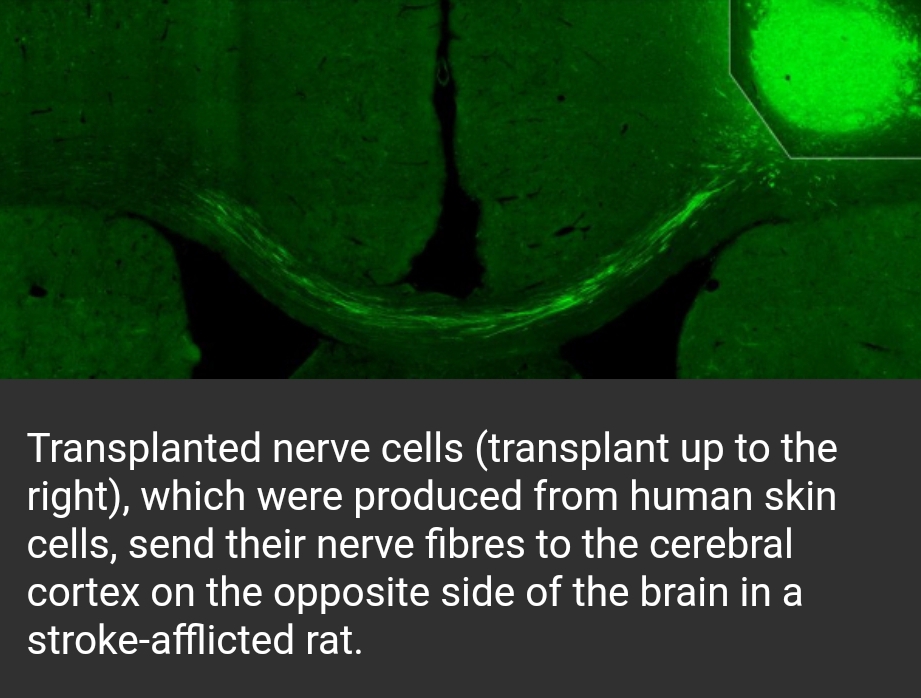
Findings lay the groundwork for new stroke treatments, prevention strategies. New findings from Cleveland Clinic researchers show for the first time that the gut microbiome impacts stroke severity and functional impairment following stroke. The results, published in Cell Host & Microbe, lay the groundwork for potential new interventions to help treat or prevent stroke.
The research was led by Weifei Zhu, Ph.D., and Stanley Hazen, M.D., Ph.D., of Cleveland Clinic’s Lerner Research Institute. The study builds on more than a decade of research spearheaded by Dr...
Read More








Recent Comments